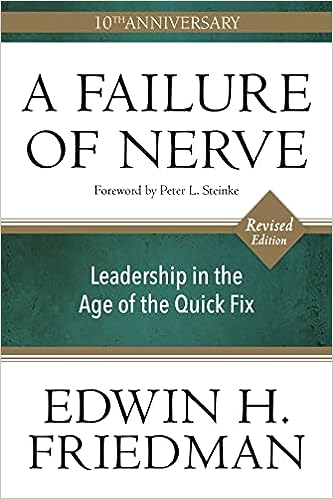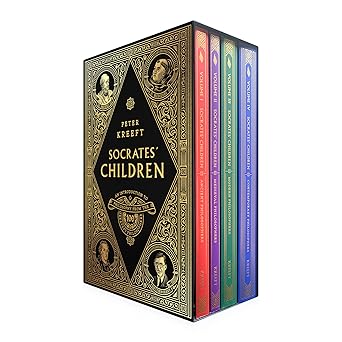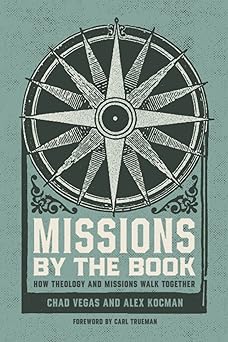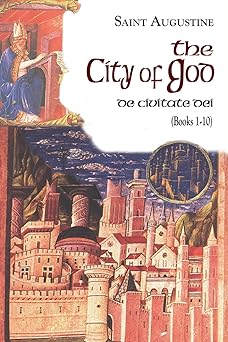A Failure of Nerve: Leadership in the Age of the Quick Fix
An invitation and guide for leaders “to cast a courageous and imaginative vision, to lead resiliently, and to be present and steady in times of deep anxiety.”
Ed Friedman’s genius was to see the individual in the family in the larger group, bringing the wisdom of his experience as a therapist and rabbi to the field of organizational leadership.
A timeless bestseller, A Failure of Nerve still astonishes in this new edition with its relevance and continues to transform the lives of leaders everywhere―business, church, family, schools―as it has for more than 20 years:
- Offers prescient guide to leadership in the age of “quick fix.”
- Provides ways to recognize and address organizational dysfunction.
- Emphasizes “strength over pathology” in these anxious times.
“The age that is upon us requires differentiated leadership that is willing to rise above the anxiety of the masses. We need leaders who will have the ‘capacity to understand and deal effectively’ with the hive mind that is us. This is, in Friedman's words, ‘the key to the kingdom.’ I am grateful for this accessible new edition.”
―C. Andrew Doyle, Bishop, Episcopal Diocese of Texas
Crossing to Safety
Called a “magnificently crafted story . . . brimming with wisdom” by Howard Frank Mosher in The Washington Post Book World, Crossing to Safety has, since its publication in 1987, established itself as one of the greatest and most cherished American novels of the twentieth century. Tracing the lives, loves, and aspirations of two couples who move between Vermont and Wisconsin, it is a work of quiet majesty, deep compassion, and powerful insight into the alchemy of friendship and marriage.
More info →Socrates’ Children Box Set
Peter Kreeft, esteemed philosophy professor and author of over eighty books, has taught college philosophy for sixty years. Throughout those decades, he yearned for a beginner's philosophy text that was clear, accessible, enjoyable, and exciting (perhaps even funny). Finding none that met those criteria, he eventually decided to write it himself.
In this four-volume series, Kreeft delivers, with his characteristic wit and clarity, an introduction to philosophy via the hundred greatest philosophers of all time. Socrates’ Children examines the big ideas of four major eras―ancient, medieval, modern, and contemporary―and immerses the reader in the “great conversation,” the ongoing dialogue among the great thinkers of history, including the most influential philosopher of all: Socrates, the father of Western philosophy.
Volume I: Ancient Philosophers investigates the foundations of philosophy laid by the ancient sages, Greeks, and Romans and introduces the philosophers who asked the first great philosophical questions―about good and evil; truth and falsehood; wisdom, beauty, and love; and the self, the world, and God.
Volume II: Medieval Philosophers studies the transformation of philosophy that came about due to an unprecedented figure―Jesus Christ―and considers the philosophers of the great monotheistic religions of Judaism, Christianity, and Islam as they sought to marry the Greek philosophical tradition with divine revelation.
Volume III: Modern Philosophers explores a philosophical world caught up in the spirit of the Enlightenment―a time of both scientific discovery and social upheaval―and examines the philosophers who sought above all to answer the great questions of epistemology and politics: What is knowledge? How can we be certain? What is society? What is its greatest good?
Volume IV: Contemporary Philosophers surveys the great philosophers of the nineteenth and twentieth centuries, an era of the splintering of philosophy into a variety of schools. Some, disconnected from the past, rebelled against the very endeavor of philosophy, but others, seeking to revitalize ancient conversations, returned to and renewed the deepest questions of meaning, happiness, and the human person.
More info →Missions By the Book: How Theology and Missions Walk Together
Across the church, there is a rift between theology and missions. Bad theology produces bad missions, and bad missions fuels bad theology.
We wrongly think that we must choose between making a global impact and thinking deeply about the things of God. But the relationship between theology and missions is symbiotic—one cannot exist without the other. They walk hand-in-hand.
More info →The City of God (The Works of Saint Augustine: A Translation for the 21st Century)
Along with his Confessions, The City of God is undoubtedly St. Augustine's most influential work. Following Augustine's critique of the Roman religious, political, and intellectual tradition in Books 1-10, Books 11-22 set out his great vision of the origins, the histories, and the ultimate destinies of the two cities: the earthly city, rooted in love of self as expressed in the pride and lust for domination that shatter human society, and the heavenly city, rooted in love of God as expressed in the humility and yearning for the supreme good that unite humanity in a just social order. For all those who are interested in the greatest classics of Christian antiquity, The City of God is indispensable.
This long-awaited translation by William Babcock is published in two volumes, with an introduction and annotation that make Augustine's monumental work approachable. The INDEX for Books 1-22 (both volumes of The City of God) is contained in this volume.
More info →




